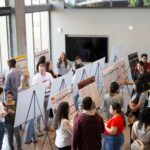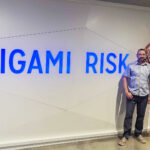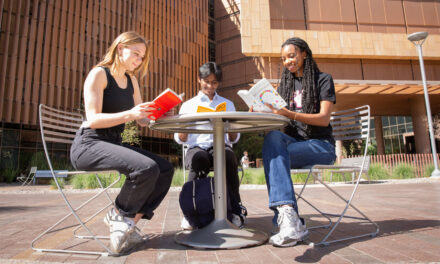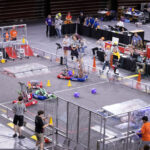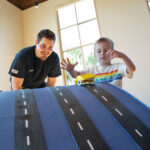
Talk explores using AI for responsible social good
Popular Douglas C. Montgomery Distinguished Lecture Series continues with AI thought leader
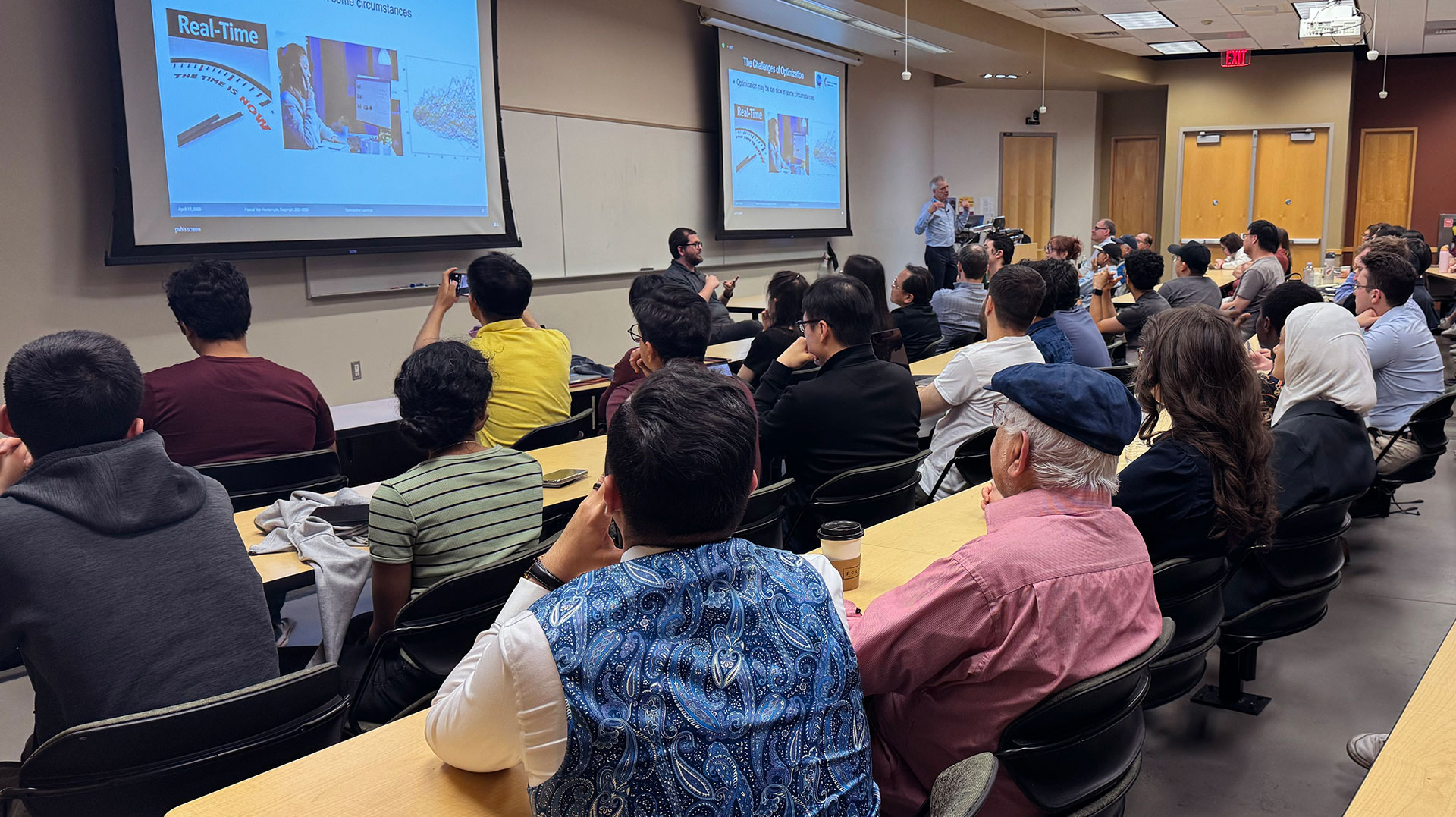
“The way I view this is that we want to apply artificial intelligence to the tasks that people don’t want to do, leaving humanity free to focus on the creative parts of work,” Pascal Van Hentenryck says. “We don’t want to replace human judgment.”
Van Hentenryck is the director of Tech AI, the AI Hub, at the Georgia Institute of Technology. He also serves as director of the National Science Foundation AI Institute for Advances in Optimization. He was recently the featured speaker at the third annual Douglas C. Montgomery Distinguished Lecture, held in Tempe in April by the School of Computing and Augmented Intelligence, part of the Ira A. Fulton Schools of Engineering at Arizona State University.
At the event, Van Hentenryck addressed optimization learning, showing how this emerging form of artificial intelligence, or AI, can be impactful in supply chain management, transportation systems and more.
Supported by ASU Regents Professor Douglas C. Montgomery, the lecture series is designed to bring top experts to ASU and create a forum to tackle the industrial engineering opportunities and challenges of today and tomorrow.
Cutting costs without cutting corners
For decades, industrial engineers have been developing systems designed to make manufacturing and production processes more efficient. Working with computer scientists and engineers, they created optimization software — a type of computer program that helps the operator find the best solutions to a problem.
Van Hentenryck told lecture attendees that through optimization learning, AI is poised to make this software even better and more impactful. AI optimization learning is all about using smart techniques to make computer models work better and faster. It means tweaking how an AI system learns so it can give more accurate results, run more quickly or use fewer resources.
“Using AI to improve engineering is a no-brainer,” Van Hentenryck says.
He explains that AI has a role to play in increasing automation in the energy and health sectors, potentially bringing costs down for consumers. Van Hentenryck also points out that the new technology can accelerate the rate of scientific discovery, especially in the creation of new materials and medications, delivering results in months instead of decades.
“AI is great at handling ‘what if’ scenarios,” Van Hentenryck says. “It can quickly analyze an almost overwhelming amount of options and make recommendations that help people make better decisions, faster.”

Van Hentenryck chats with David Wahls, executive director of development at the ASU Foundation, at the reception for the third annual Douglas C. Montgomery Distinguished Lecture. The reception provided the opportunity for attendees to discuss key topics in a more relaxed setting.
Lecture series seeks to shape leadership
During his visit to the Fulton Schools, Van Hentenryck acknowledged that many people remain apprehensive about the effect artificial intelligence will have on the world.
He told students that it’s essential for researchers to play a role in educating both leaders and the general public. Van Hentenryck said that people may need to look for opportunities to upskill and learn to use AI tools in a helpful fashion and that business and governmental leaders must make sure that the technology is used responsibly.
The event concluded with a reception where Van Hentenryck mixed with students and faculty members, facilitating discussions in a more relaxed setting.
Montgomery says that he is proud to provide the opportunity for industrial engineers to connect and explore important topics.
“Dr. Van Hentenryck’s talk exemplified the purpose of this series,” Montgomery says. “Industrial engineering always seeks solutions to improve processes, and this lecture gave students a critical glimpse into the future of that work.”
The latest lecture was the third in the series at ASU.
At the inaugural event in 2023, the School of Computing and Augmented Intelligence welcomed Harriet B. Nembhard, dean of the College of Engineering at the University of Iowa and an alum of ASU’s industrial engineering program. The lecture discussed how industrial engineers have the capacity to influence rapid improvements and advancements in academia.
In 2024, G. Don Taylor, executive vice provost and the Charles O. Gordon Professor of Industrial and Systems Engineering at Virginia Tech, presented Richard Smalley’s “Top Ten Problems for Humanity.” He asked students to contemplate the toughest challenges facing the world and how industrial engineering might help solve them.
Feng Ju, an associate professor and program chair of the Fulton Schools industrial engineering program, says that the series will continue next April.
“These lectures provide a great opportunity for people to come together and exchange ideas, especially at the intersection of AI and industrial engineering,” Ju says. “The forum is designed to foster collaboration across diverse fields and tackle real-world industry challenges.”








